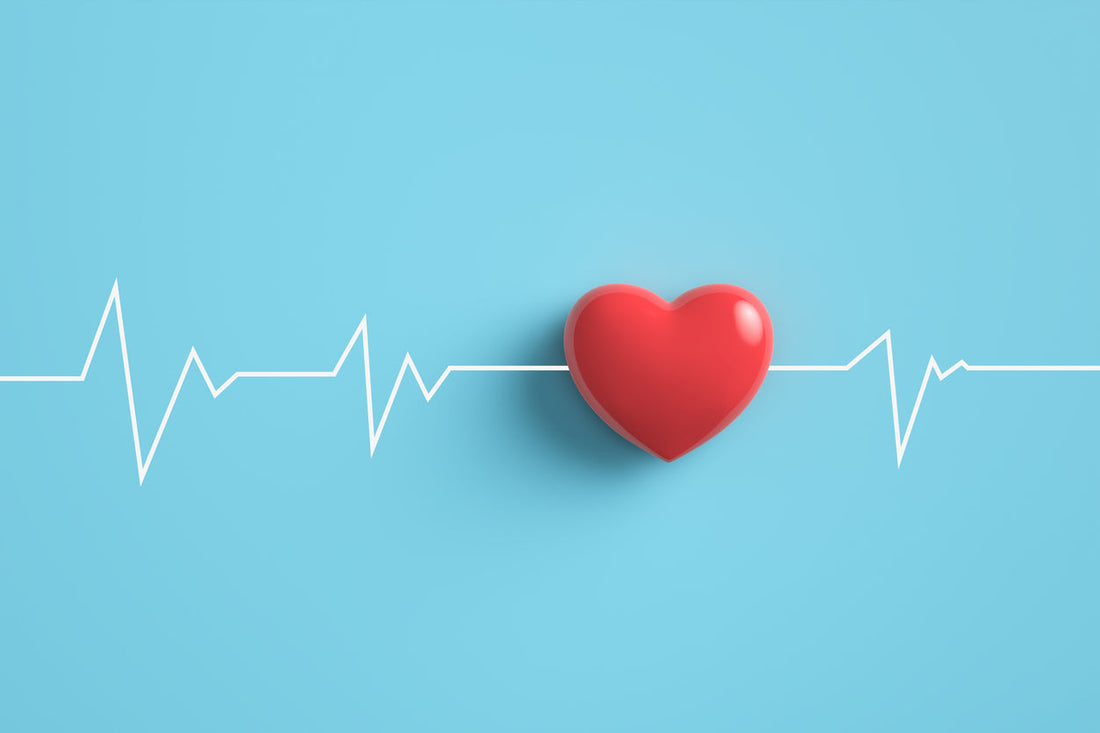What does Cardiac Event Mean?
A cardiac event occurs when there is an interruption in the normal function of the heart or blood flow. This interruption can signal existing cardiac disease that you may already be aware of or could be related to other cardiovascular issues that you are just now showing signs of. If not properly taken care of they can lead to heart attacks, severe heart damage and irreversible effects.
Signs of a Cardiac Event:
- Heaviness or tightness in the chest.
- Chest pain that may spread to the stomach, throat, jaw, shoulder blades, or arms.
- Sudden nausea, sweating.
- Shortness of breath.
- Dizziness.
If you experience any of these signs, it is important to seek medical assistance immediately. The sooner you address the issue, the earlier you can lower the chances of worsening damage to your heart.
Causes of a Cardiac Event:
- Cardiomyopathy - Heart becomes enlarged due to the heart being unable to pump blood well enough.
- Substance Use- Drugs or overuse of alcohol.
- Coronary Artery Disease - lack of blood flow to the heart, can cause blockage.
- Arrhythmias- irregular heartbeat- can be genetic
- Heart Valve Disease- When one or more of the heart valves does not work, causing a change in blood flow in the wrong directions.
How to Prevent Cardiac Events and Maintain Optimal Heart Health:
- Don't smoke.
- Engage in daily physical activity to help control weight, lower blood pressure, and manage high cholesterol.
- Maintain a healthy diet rich in vegetables, fruits, healthy fats, and lean meats while minimizing processed foods.
- Ensure quality sleep, which is essential for managing stress levels.
- Schedule regular doctor's appointments and testing, especially as you age, to monitor cholesterol, blood pressure, and detect conditions like type two diabetes early on. A DEXA scan that measures visceral fat (the dangerous fat wrapped around your organs) can predict heart disease.
Maintaining optimal heart health is crucial for ensuring a long and healthy life.Visit www.dexascan.com, find a provider near you and schedule your scan to establish your Baseline to Better Health.


